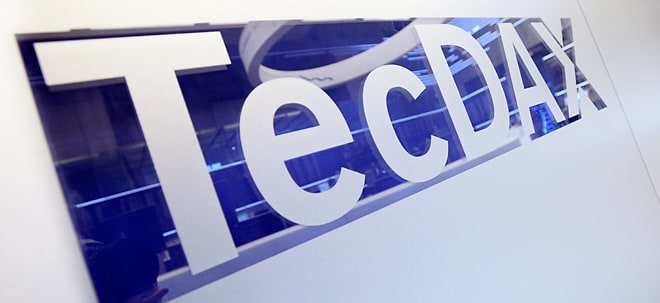Your brain can’t tell if your smile is fake — and even forced laughter helps your health
Werte in diesem Artikel
Laughter isn’t just a spontaneous expression of joy — it may also be a powerful tool for better health, even when forced. Humans aren’t the only species that laugh: lions laugh when courting mates, chimpanzees giggle during physical bonding and rats emit laughter-like sounds when tickled. However, human laughter is unique in that it is deeply social. Unlike other animals, people often laugh in groups, making laughter not just a personal emotion but a collective behavior that can influence well-being. A growing body of research suggests that laughter, whether spontaneous or deliberate, may play a significant role in physical health. In a Japanese study that followed adults over 40 for an average of 5.4 years, those who laughed less than once a month had a 95 percent higher risk of death from all causes and a 62 percent higher risk of death from cardiovascular disease than those who laughed at least once a week. Another survey of Japanese adults aged 65 and older found that women who rarely or never laughed had a 78 percent higher risk of poor health compared to women who laughed daiWeiter zum vollständigen Artikel bei Korea Times
Ausgewählte Hebelprodukte auf BRAIN Biotech
Mit Knock-outs können spekulative Anleger überproportional an Kursbewegungen partizipieren. Wählen Sie einfach den gewünschten Hebel und wir zeigen Ihnen passende Open-End Produkte auf BRAIN Biotech
Der Hebel muss zwischen 2 und 20 liegen
| Name | Hebel | KO | Emittent |
|---|
| Name | Hebel | KO | Emittent |
|---|
Quelle: Korea Times
Nachrichten zu BRAIN Biotech AG
Analysen zu BRAIN Biotech AG
Keine Analysen gefunden.

